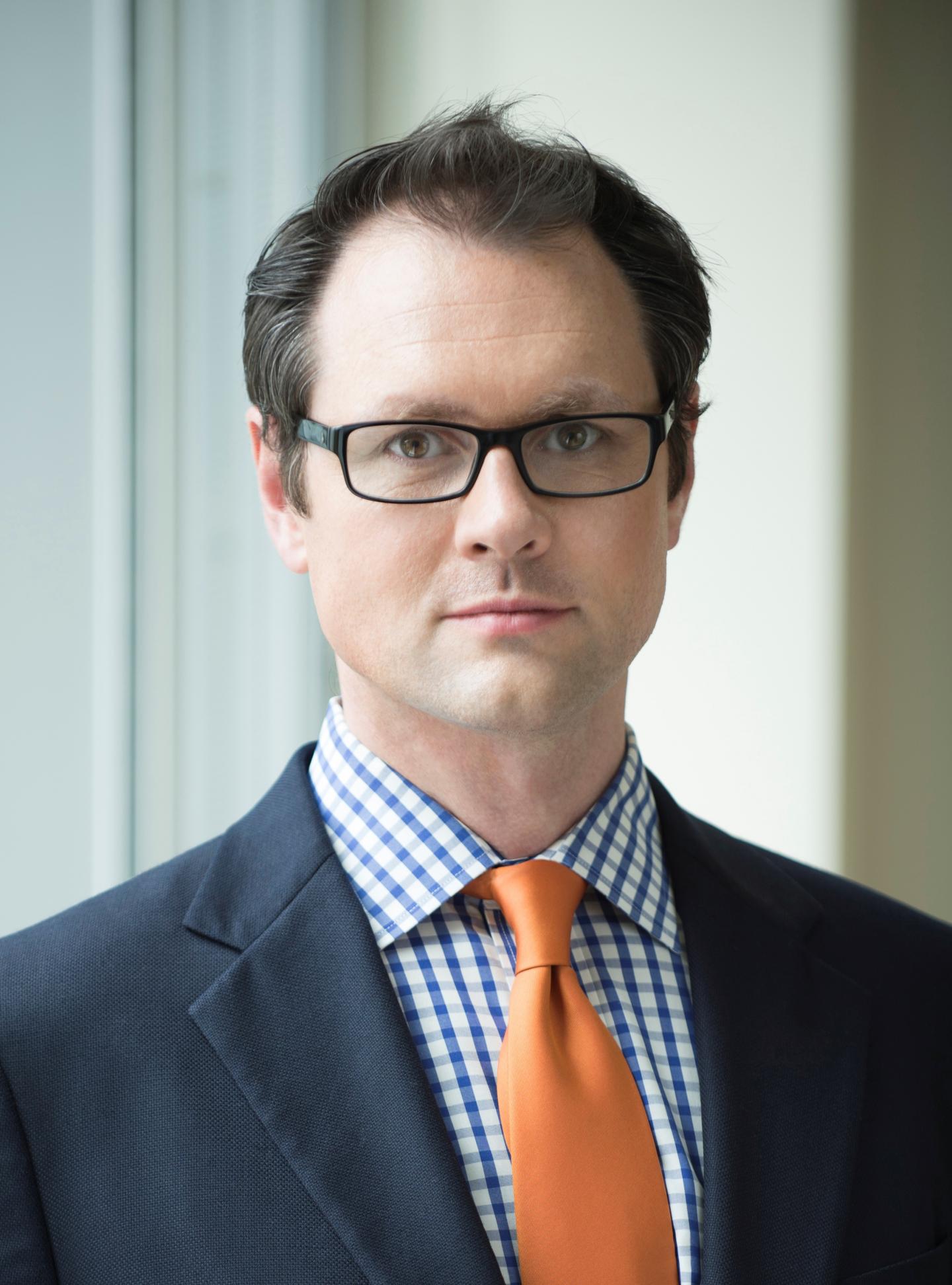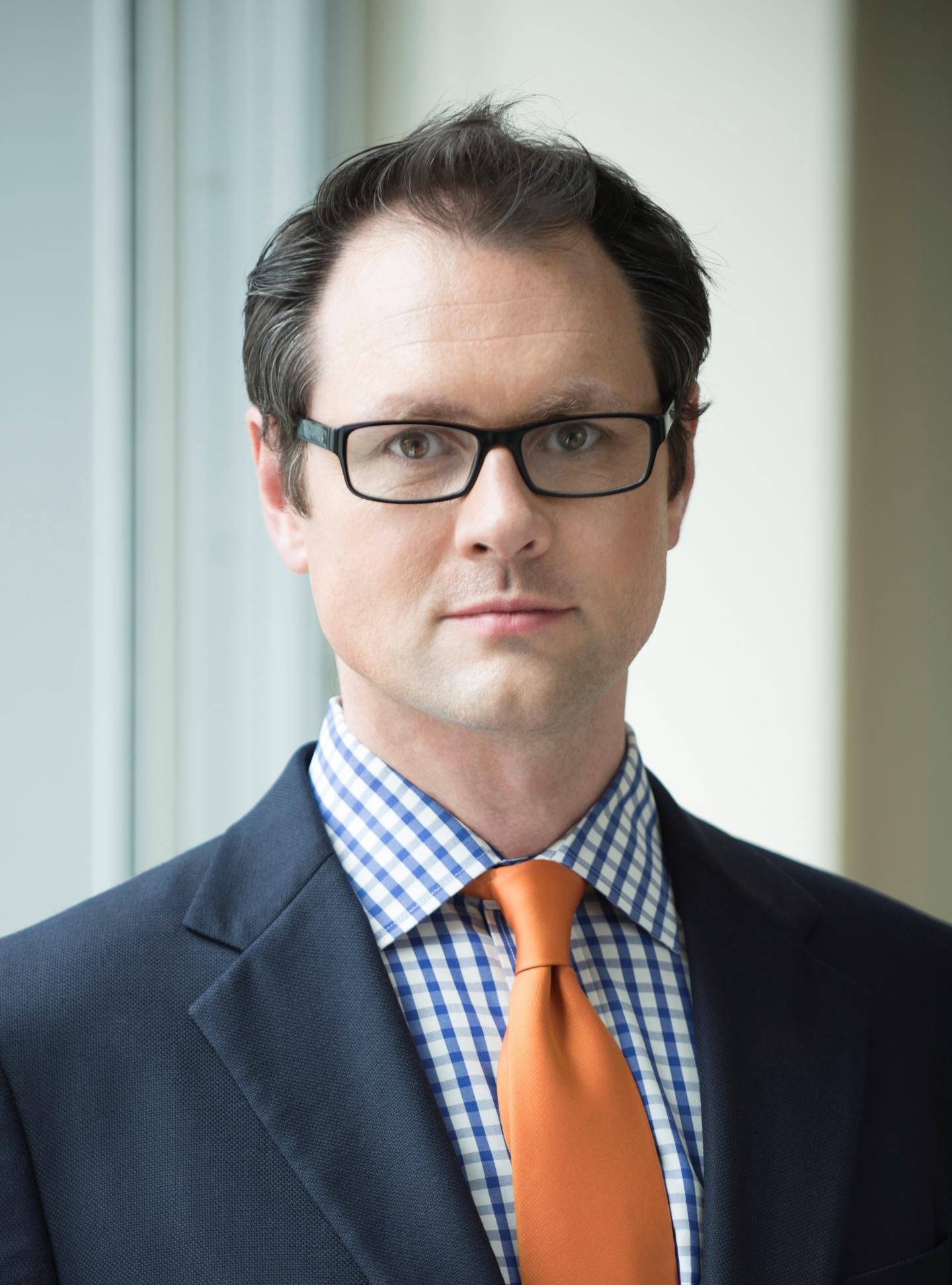
Credit: McMaster University
Hamilton, ON (July 10, 2017) – A new book will provide a definitive guide to the findings from cutting-edge clinical research on addiction to front-line clinicians.
Published by Routledge, Integrating Psychological and Pharmacological Treatments for Addictive Disorders is now available worldwide.
"There is no silver bullet for treating addiction, but there are many treatments that have strong evidence behind them and give patients the best possible chance for success," says James MacKillop, director of the Peter Boris Centre for Addictions Research at McMaster University and St. Joseph's Healthcare Hamilton. He is the lead editor of four clinical researchers to co-edit the book.
MacKillop is also a professor of psychiatry and behavioural neurosciences for McMaster's Michael G. DeGroote School of Medicine. International contributors to the volume include scholars from McMaster University, St. Joseph's Healthcare Hamilton, Harvard Medical School, Stanford University, the University of Chicago, Brown University, the University of Cambridge, the University of California Los Angeles, and the University of Toronto.
"The gap between evidence and practice is particularly pronounced when it comes to treatment for addictions," says MacKillop.
"We hope this book gives the many types of addiction treatment providers – physicians, psychologists, nurses, social workers, and other professionals – a comprehensive look at what the evidence says works best."
He said formal treatment for addiction is a relatively new field of practice, and therefore many clinicians receive little training in this area. He added that the book is designed to address that gap, providing concise chapters that balance breadth and depth.
The book reviews the strategies that have the most evidence behind them.
"We wanted to create a go-to reference to put the best practices in treatment at clinicians' fingertips," MacKillop says.
###
The book is available at: https://www.routledge.com/Integrating-Psychological-and-Pharmacological-Treatments-for-Addictive/MacKillop-Kenna-Leggio-Ray/p/book/9781138919105
Introductory chapters provide overviews of the epidemiology of addiction, its causes, and a general perspective on treatment – individual chapters focus on specific substances such as alcohol, tobacco, opioids, and stimulants – and also address the behavioural addiction of gambling disorder. The final chapter addresses strategies for treating addiction in primary care.
MacKillop says one key theme is that combining both psychological and pharmacological treatments is often the best course of action. In addition, the book highlights certain treatments which have been shown to be effective but are often under-utilized, such as medications like naltrexone and psychological approaches like intensive behavioural therapies.
Media Contact
Tina Depko
[email protected]
905-525-9140 x22196
@mcmasteru





